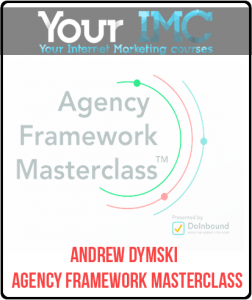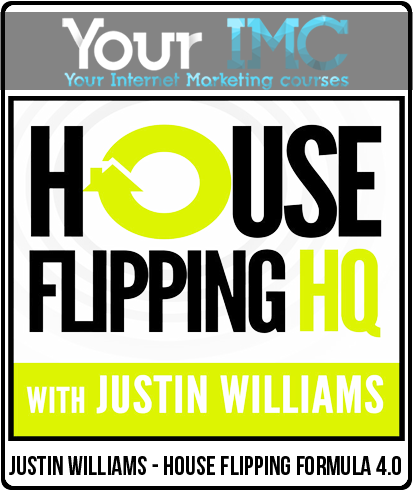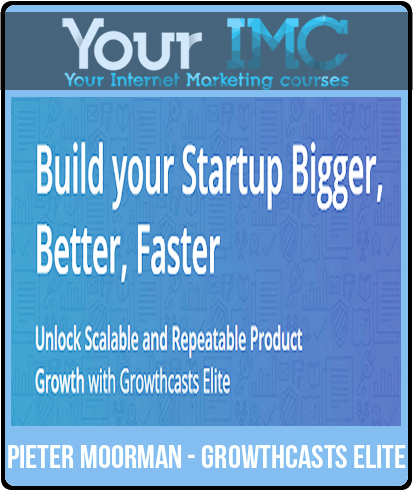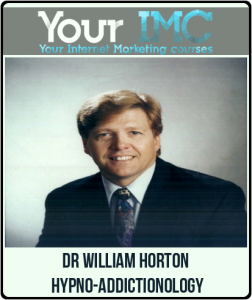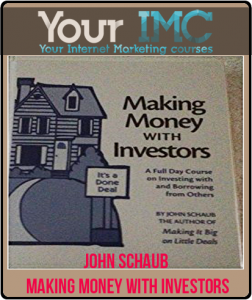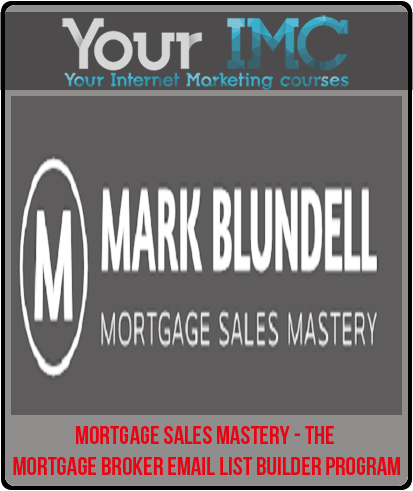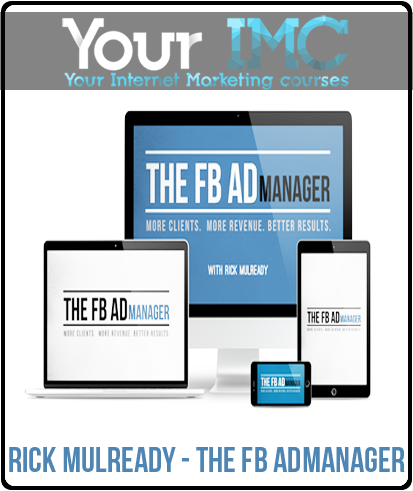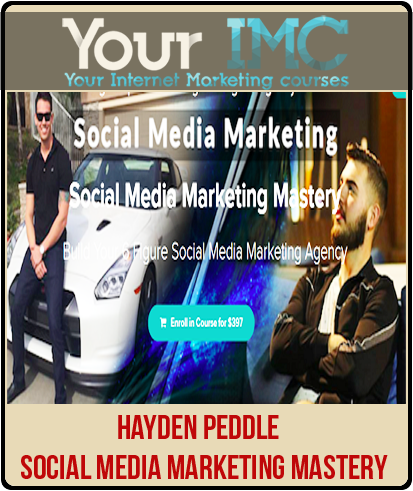

Integrating Your Instincts Through the Enneagram by Russ Hudson
$397.99 Original price was: $397.99.$97.00Current price is: $97.00.
- Description
Description
Integrating Your Instincts Through the Enneagram by Russ Hudson
Get Integrating Your Instincts Through the Enneagram by Russ Hudson with bestoftrader.com
Description
Identify and transform imbalances that are keeping you stuck… through your Enneagram subtype and your instincts.
Nurture your weakest (least dominant) instinct… a key to your wholeness and your capacity to flourish.
Experience the energy of your instincts through your body — cultivating a relationship with all three instincts.
Do you ever have a day where you feel like it’s just hard being you?
Or maybe, even after immersing yourself in a number of self-help books and workshops, you find the same patterns cropping up again?
Or perhaps you’re wanting more intimacy in your relationship… or more vulnerability from your partner…
Understanding and working with your type or subtype is just the beginning of what’s possible in working with these aspects of yourself… and the Enneagram.
Deeper levels of transformation are available through discovering — and bringing more presence and awareness to — all of your instinctual drives.
Your instinctual energies — including the behaviors they create, the pain they may cause, and the limiting beliefs they can perpetuate — are the path to real change, according to world-renowned Enneagram teacher Russ Hudson.
Beyond descriptions of personality, the Enneagram can help you recognize the interplay between your core patterns and instinctual drives — and move beyond unconscious, destructive tendencies to live a more conscious, creative, and satisfying life…
Your Instincts: Life Force Energies to Transform Yourself & Our World
While everyone has each of the three primary instincts (Self-preservation, Sexual/attraction, and Social), the personality tends to prioritize them in habitual ways.
Recognizing our dominant instinct, which many Enneagram teachings consider our primary subtype, is helpful. But it’s easy to become overly identified with your subtype, overriding the other instincts…
And paradoxically, your weakest instinct is your growing edge… it reveals the areas of your life that need attention and will allow you to flourish.
Virtually all longstanding spiritual traditions deal with the instincts. Some traditions advocate asceticism and celibacy, while others deal explicitly with the felt sense of these drives… seeing them as energies necessary for human transformation.
The latter perspective is the foundation of this groundbreaking new Enneagram training on the instincts.
The central question we must answer about our primary drives, according to Russ Hudson, is: How we can convert these different energies into something useful for the development of our consciousness?
This question is the foundation of this new 10-part training… a spiritually rich and intensely practical journey through the instincts…
This is your opportunity to explore your relationship with your instincts, from the most dominant to the most neglected. The overall pattern of your instincts and how they influence your personality type (and vice versa) will emerge… and guide you.
During this 10-module video training, you’ll discover:
- Each instinct is a beautiful expression of nature’s intelligence, as well as fuel for your spiritual development
- How our Sexual and Social instincts are variations of the Self-preservation instinct
- Experiential and meditation practices that help you sense the energies of each instinct
- How to nourish your most neglected instinct and tame your most dominant instinct
- How we successfully or unsuccessfully manage our personal energy and resources, and how this influences development
- The crucial distinction between comfort and development — and practices for enrolling the parts of ourselves that fear change
- Each instinct gives clues about your primary needs in relationships
- The ways your Enneagram type mixes with and sometimes distorts your instinctual drives
- How you unconsciously prioritize the instincts, creating imbalances in your life
- Practices for sensing and integrating your weakest instinct
- How balancing the instincts “quickens” spiritual breakthroughs
- The “zones” of each instinct, and when there are 3 instincts operating in you
- Authentic connection in the moment — outside of programming and historic psychological patterns
- A diverse perspective on cutting-edge teachings on the subtypes and instincts
You’ll find clues to which instincts will open up new possibilities and liberate you from many core elements of your habitual self. The revelations, Russ says, will be “close to the bone”… and life-changing.
You’ll pull the covers off of your ego and personality, and by embracing your drives fully, expand your consciousness as a human and a spiritual being.
Self-preservation Instinct
In balance:
- Take care of your overall health and wellbeing
- Focus on what keeps your life grounded and running: finances, home and car repairs, etc.
- Cultivate a supportive and comfortable domestic life
- Appreciate the basics: enjoying simplicity in life
Out of balance:
- Challenges with self-care: poor sleep or nutrition, ignore physical needs
- Rigidity or procrastination around needs related to your body, home, or finances
- Lack of financial abundance, or scarcity consciousness
- Overly attached to routines, or lacking structure in life
Sexual (or Attraction) Instinct
In balance:
- Aware of attraction: both of what we are attracted to and of our own power to attract
- Feel vital and alive: open to new experiences, willing to take risks, learn new things, and explore your edge
- Ability to immerse oneself deeply — to “merge” energetically with lovers, to spontaneously flow with eros and inspiration
Out of balance:
- Lose yourself in intimate relationships: difficulty with healthy attachment
- Can become addicted to romance and excitement
- Narcissistic display and/or shame
- Obsessive tendencies or energetic deadness
Social Instinct
In balance:
- Skilled at reading people and situations
- Consistently create and maintain connections with intimates, friends, and colleagues
- Participate in and contribute to your friendships, family, community, etc.
Out of balance:
- Overly concerned with the opinions of others — fear of social mistakes and loss of support
- Excessive focus on others or lack of awareness of their needs
- Over-committing or avoiding commitments
- Social insecurity can lead us to avoid communicating or dominate the conversation to cover up feelings of inadequacy
A Master Guide for Balancing Your Instincts Through Enneagram
Russ Hudson represents one of the largest and most respected schools for Enneagram studies and application in the world. He’s taught this work for decades at the highest echelons with his close mentor, the legendary Don Riso, and trained thousands of people worldwide.
Russ offers a uniquely in-depth spiritual approach to the Enneagram that views the work in a holistic, multidimensional context.
He’ll share his latest insights on the relationship between type, subtype, and instincts — along with experiential practices that help you integrate your full humanity.
What You’ll Discover in These 10 Modules
In this 10-part transformational intensive, Russ Hudson will teach about each instinctual drive separately and in relation to the other two drives — and how all three weave into the overall pattern, contribute to your blind spots… and, when acknowledged and integrated, to your wholeness.
This Enneagram training will be practical and experiential. Russ will also draw on knowledge from psychology and biological science as well as from spiritual wisdom traditions.
In two modules, Russ will be joined by his esteemed colleagues and fellow Enneagram teachers to give you a well-rounded perspective on the instincts. A strong experiential component, as well as weekly debriefings, will help you better absorb the material Russ shares.
Each training session will build harmoniously upon the previous ones so you’ll develop a complete, holistic understanding of the practices, tools, and principles you’ll need to recognize, work with, and integrate all three instincts for true wholeness.
Module 1: Beyond Identification
Working With the Instinctual Drives to Ground & Empower Authentic Spiritual Work
In this module, you’ll start to recognize in yourself and others the three instinctual drives — and how they manifest in beliefs and behaviors.
In a sense, almost all coaching is about balancing our instinctual drives more skillfully. The instincts are also more important than type in determining the success or failure of our personal relationships. They help us zero in on the “non-negotiables” that we may not initially recognize as our deepest needs in relationships, including our biological needs.
You’ll discover:
- How each instinct is a beautiful expression of nature’s intelligence, as well as fuel for your spiritual development
- The different aspects of the Belly Center, which are keys to living fully
- How each instinct gives clues about our primary needs in relationships
- The ways Enneagram type mixes with and sometimes distorts our instinctual drives
- How each of us unconsciously prioritizes the instincts, creating imbalances in our lives
- Practices for neglected instincts
- How balancing the instincts “quickens” spiritual breakthroughs
- The “zones” of each instinct, and when there are 3 instincts operating in us
- More energy and willingness to break free of personality patterns
- How to recognize the true power of balancing your instincts — for not only personal but collective transformation
Module 2: Working With the Self-preservation Instinct
How to Recognize the Energies & Behavior That Create Structure and Foundation for an Awake Life
The Self-preservation instinct is an enormous driver in your day-to-day behaviors. You wil discover different ways this instinct shows up in modern life, and develop tools to recognize the ways it manifests to your benefit or detriment in your work, habits, and relationships.
You’ll discover:
- Self-preservation is the fundamental driver behind all of the instincts
- How our Sexual and Social instincts are variations of the Self-preservation instinct
- How we successfully or unsuccessfully manage our personal energy and resources, and how this influences development
- The crucial distinction between comfort and development — and practices for enrolling the parts of ourselves that fear change
- The Zone of Health and Wellbeing (authentic self-care)
- The Zone of Practical Wisdom (finances, maintenance, etc.)
- The Zone of Domesticity (cultivating a home)
- How to honor your Self-preservation instinct in your relationships
Module 3: Deeper Experiential Work With Self-preservation
How to Bring More Awareness & Balance to This Drive
In this experiential module, Russ will guide you to look at your relationship with the Self-preservation instinct. You’ll bring more balance to this part of your life through meditation and practices. A deeper awareness of the energy of this instinct will help you identify the unique aspects of your inner work with the Self-preservation instinct.
Module 4: Working With the Sexual (Attraction) Instinct
Tuning In to Our Creative Drive & Recognizing Connected Behaviors Beyond Basic Sexuality
In this module, you’ll learn about the Sexual (or attraction) instinct. You’ll start to recognize your capacities and challenges around following your passions and creative impulses.
You’ll distinguish this vital energy from heart-based qualities such as intimacy and affection — and begin to note the different ways this instinct shows up in your work, habits, and relationships, including where this instinct is working well for you and where it’s subject to distortions.
You’ll discover:
- How this energy is found in many human activities and goes far beyond just the sexual act — and how it’s part of the energy that gets us out of our ruts and routines
- How it’s distinct from intimacy or love, but is highly relevant in intimate relationships
- How it’s truly a vital and necessary instinct and not a heart matter
- How it’s central to excitement and creative impulses, and how it brings passion and energy to our activities
- Why it’s such an important topic due to its “shadowy” status in many societies… how do we talk about it honestly?
- The Zone of Arousal — being energized, “turned on,” passion
- The Zone of Attracting — being attracted, charisma, and magnetism
- The Zone of Fusion — and merging/focusing energy and attention
- How the Sexual instinct plays out in our relationships
- What happens when we neglect this instinct?
Module 5: Deeper Experiential Work With the Sexual Instinct
How to Bring More Awareness & Balance to This Drive
In the long run, assigning your dominant instinct will not be as helpful as discovering how you navigate each of these three drives.
In this experiential module, you’ll explore your relationship with the Sexual instinct, and bring compassion and awareness to the ways you may have been shamed or wounded around this vital life force. You’ll develop a felt sense of the Sexual instinct — and begin to cultivate and balance this creative drive. This energy is particularly important for advanced stages of meditation and spiritual development.
Module 6: Working With the Social (Adaptive) Instinct
Tuning In to Our Drive for Connection, Communication & Belonging
In this module, you’ll learn about the Social instinct — the basis for human relationship and connection. You’ll discover how this instinct shows up in modern life in ways that are integral to your capacity for connection, communication, and cooperation — and you’ll develop tools for seeing the particular ways it manifests in your own work, habits, and relationships. You’ll come to recognize where this instinct is working well for you, and where it’s subject to distortions. You’ll learn tools and practices for cultivating your social intelligence.
You’ll discover:
- How the Social instinct is not just about “socializing,” but the basis of all human society
- How this instinct evolved originally as a need to protect others, particularly in the role of parenting
- How this instinct is fundamentally about our awareness of the other: your survival is my survival; we need each other
- How this instinct is the basis of altruism, but can also be the basis of exclusion and hostility to other groups
- The Zone of Reading Others — interpreting feelings and body language
- The Zone of Building and Maintaining Our Connections
- The Zone of Participation and Contribution; and how a life can wither when we feel that our contributions don’t matter
- How the Social instinct plays out in our relationships — and why we must honor it
Module 7: Deeper Experiential Work With the Social Instinct
How to Bring More Awareness & Balance to This Drive
In this class, you’ll explore the experiential, energetic aspects of the instincts. In some ways, the Social instinct is quite easy to notice once you know what you’re looking for. But it’s also more subtle as an inner experience and requires a sensitive focus. Russ will guide you to explore the sense of being well-grounded in yourself as you relate to others — seeing beyond your programming and historic psychological patterns to find your most real and authentic connection in the moment. You’ll expand your sense of the Social instinct and explore your meaningful participation in the world.
Module 8: Diverse Perspectives on the Instincts, Part 1
A Conversation With Colleagues & Fellow Teachers
The instincts (or subtypes) are one of the most talked-about elements of the Enneagram work these days, but also one of the areas of heated controversy. In fact, while there are differences in presentations from major teachers in the field, there are also many areas of overlap and agreement.
In Modules 8 and 9, Russ and his esteemed colleagues will take you to the frontlines of instinct studies. You’ll join Russ in conversation with noted Enneagram Teachers Beatrice Chestnut, Mario Sikora, Katherine Chernick Fauvre, and John Luckovich. In separate one-on-one chats, each teacher will share their unique perspective on the instincts and how they help people work with them.
You’ll discover:
- The latest teachings on the subtypes and instincts — how they differ and overlap
- A way to integrate these different perspectives on the instincts into your spiritual path
- Deeper insights into the ways your subtype plays out through your instincts and personality pattern
- An evolutionary context for viewing and working with the instincts to heal and rebalance destructive energies in the collective
Module 9: Diverse Perspectives on the Instincts, Part 2
Further Explorations With Colleagues & Fellow Teachers
This module continues the 2-part series of scintillating dialogues around the latest teachings on the instincts and subtypes. Immerse yourself in these diverse perspectives, which will enrich your inner work with the instincts.
Module 10: Integrating the Behaviors Needed for Life Into Another Level of Conscious Participation in the World
You’ve recognized the instincts both as a beautiful expression of human nature — and the primary way you can squander your vital energy and become fearfully preoccupied with matters that are counterproductive at best and destructive at worst.
In this final class with Russ, you’ll see how difficult it is to make meaningful changes when you’re operating in ways that feel necessary for your survival — even when they are endangering it. And as you consider the bigger picture, you may see how these instinctual imbalances are collectively endangering our very civilization.
Your inner work with the instincts is globally significant.
Without it, deeply ingrained instinctual biases will keep pulling each of us back to our old habits.
As we work through the challenges associated with the instinctual drives, we free up energy and a greater willingness to break free from egoic patterns. We become present to do what life asks of us — and take our place in a larger journey of collective transformation.
You’ll discover:
- An appreciation of your growing awareness of your primal drives — and how they influence your health, emotions, spiritual life, and relationships
- The global significance of your work with the instincts
- More energy and willingness to break free of personality patterns
- Recognize the true power of balancing your instincts — for not only personal but collective transformation
Self Help – Self Help online course
More information about Self Help:
Self-help or self-improvement is a self-guided improvement—economically, intellectually, or emotionally—often with a substantial psychological basis.
Many different self-help group programs exist, each with its own focus, techniques, associated beliefs, proponents and in some cases, leaders.
Concepts and terms originating in self-help culture and Twelve-Step culture, such as recovery, dysfunctional families, and codependency have become firmly integrated in mainstream language.
Self-help often utilizes publicly available information or support groups, on the Internet as well as in person, where people in similar situations join together.
From early examples in self-driven legal practice and home-spun advice, the connotations of the word have spread and often apply particularly to education, business,
psychology and psychotherapy, commonly distributed through the popular genre of self-help books.
According to the APA Dictionary of Psychology, potential benefits of self-help groups that professionals may not be able to provide include friendship,
emotional support, experiential knowledge, identity, meaningful roles, and a sense of belonging.


